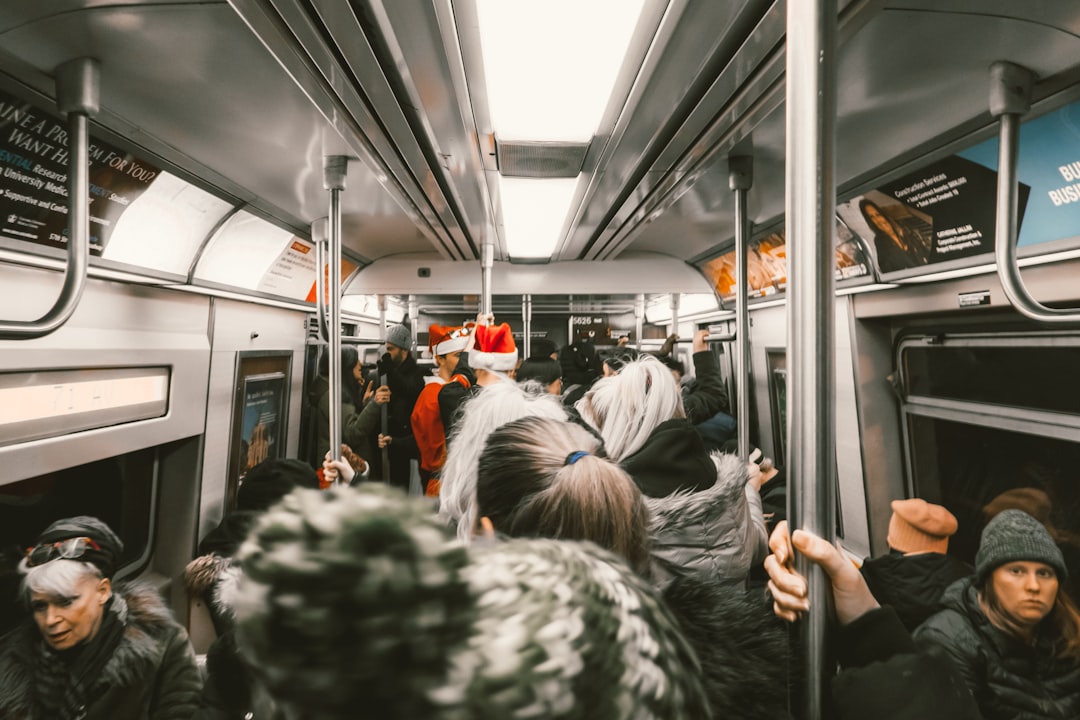Will Rail Union Workers Get Everything They Want For Christmas?
The U.S. House approves additional paid leave for rail workers after forcing them to accept a contract to avert a possible strike that would disrupt holiday shopping.

The Senate voted 80-15 Thursday to impose a labor agreement between the rail companies and four hold-out rail worker unions. Alas, the Senate refused in a 52 to 43 vote to grant rail workers seven days of paid sick leave. Pres. Joe Biden says he’ll sign the bill.
This was brilliant.
If unions were this smart all the ti…

